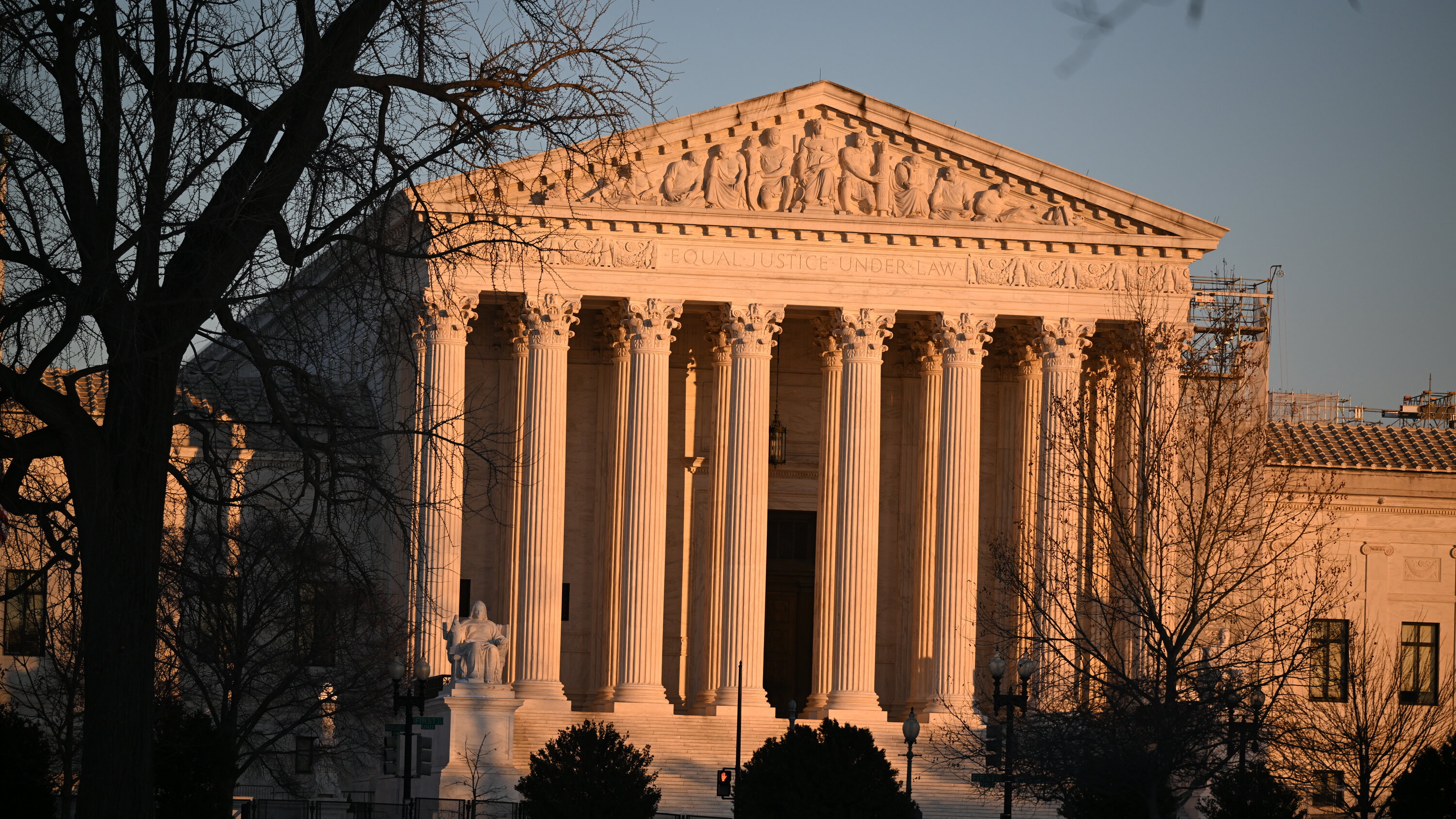Faith, Education, and Law Collide: Supreme Court Tackles Landmark Charter School Challenge

In a groundbreaking move that challenges the traditional boundaries between religion and public education, Oklahoma is poised to potentially establish the nation's first taxpayer-funded religious charter school. This controversial proposal threatens to redraw the long-standing line separating church and state in the educational landscape.
The unprecedented initiative would mark a significant shift in how public education intersects with religious institutions, potentially opening the door to a new model of school funding and religious expression within the public school system. Proponents argue that the move represents an important step toward religious freedom and educational choice, while critics warn of potential constitutional challenges and the erosion of the separation of church and state.
At the heart of the debate lies a fundamental question: Can public funds be used to support a school with an explicit religious mission? The proposal represents a bold test of existing educational and constitutional boundaries, promising to spark intense legal and philosophical discussions about the role of religion in publicly funded education.
As the proposal moves forward, it has already drawn national attention, with education experts, legal scholars, and religious leaders closely watching its potential implications for the future of school funding and religious liberty in the United States.

